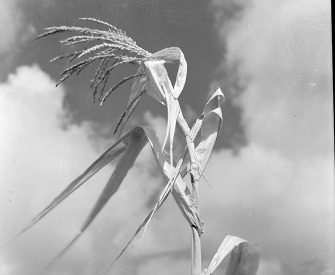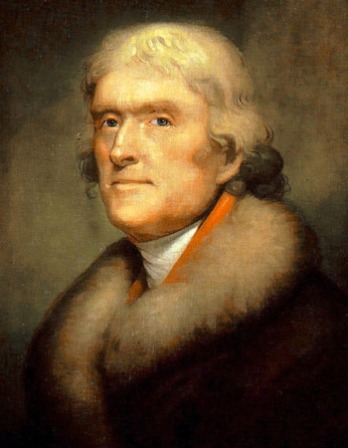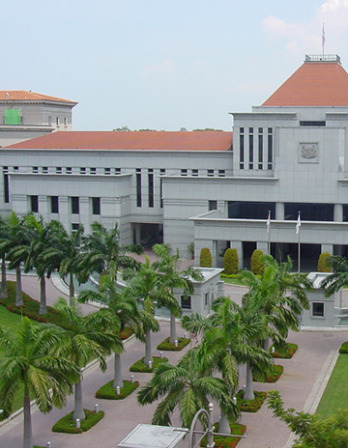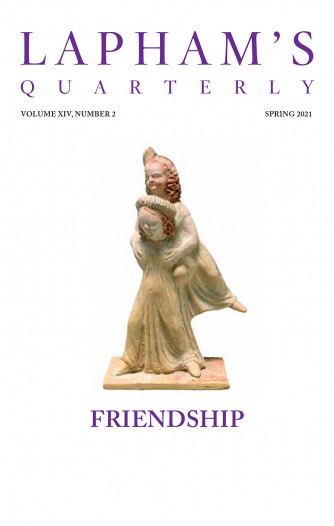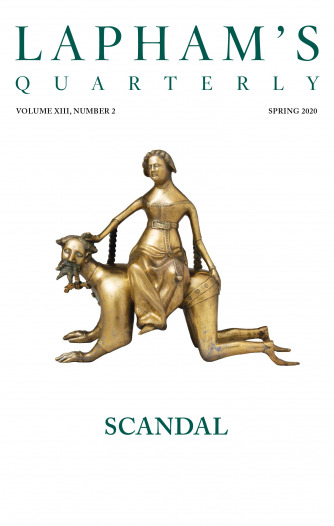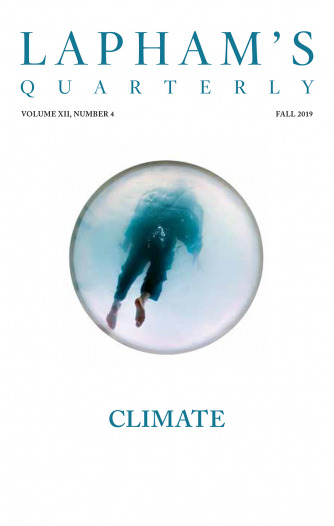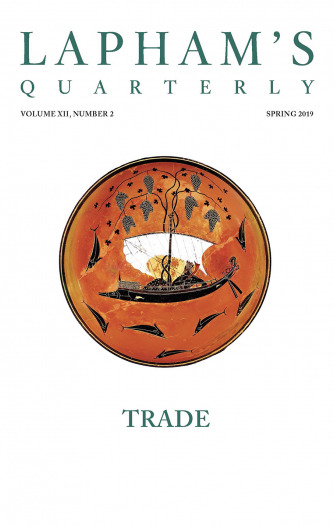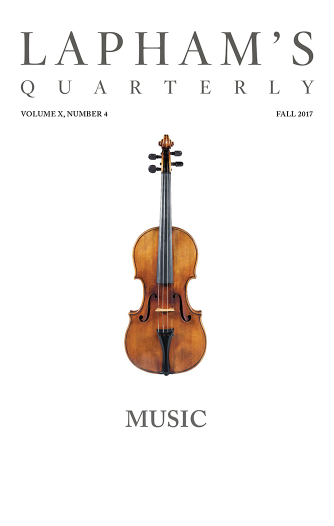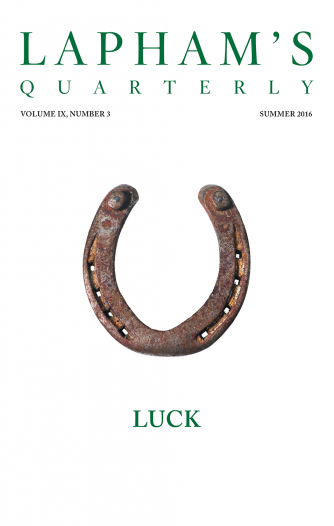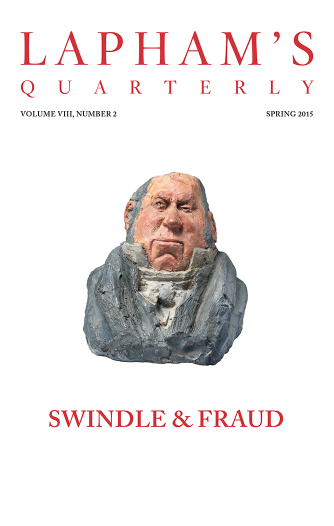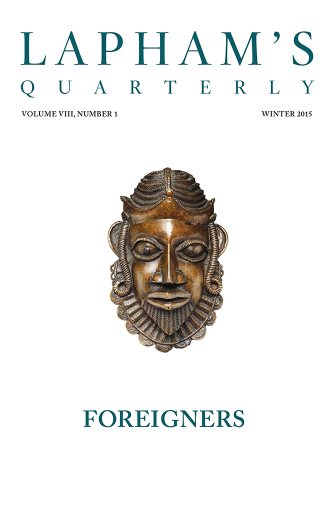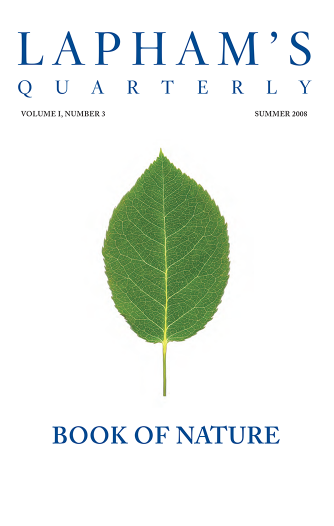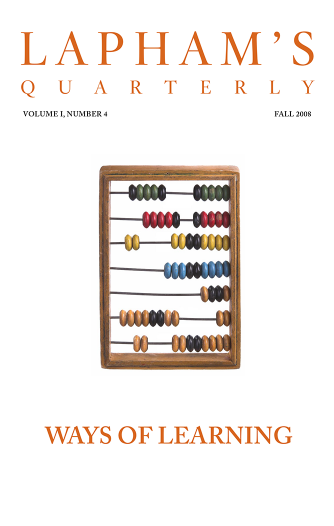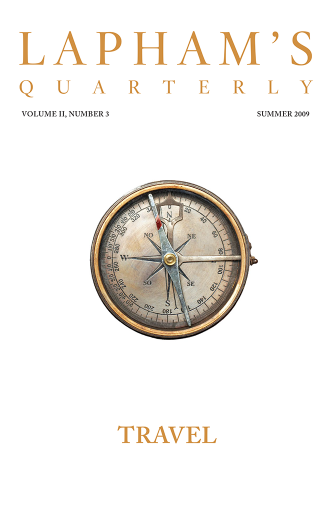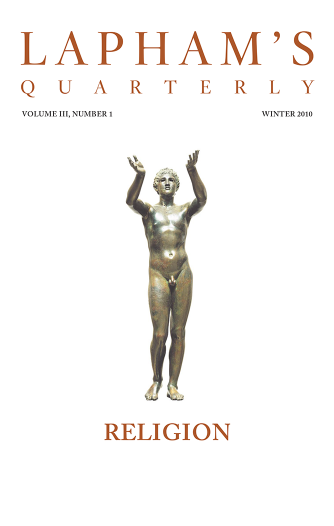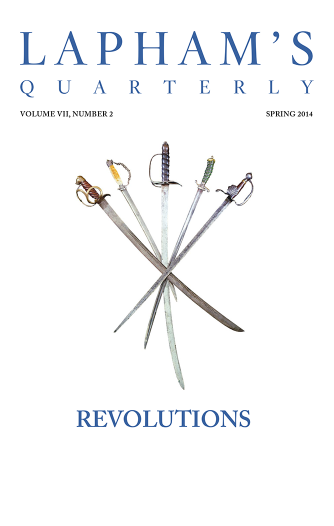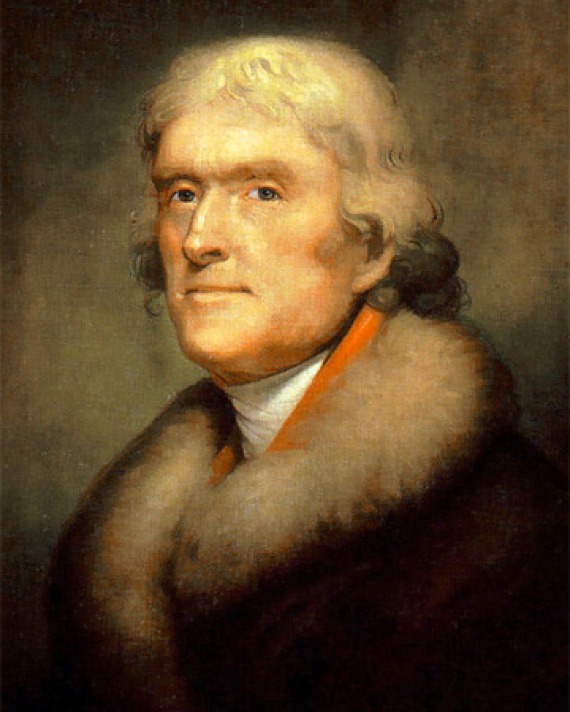
Thomas Jefferson
(1743 - 1826)
The inscription on Jefferson’s headstone reads, “Here was buried Thomas Jefferson, author of the Declaration of American Independence, of the Statute of Virginia for Religious Freedom, and father of the University of Virginia.” He was also the nation’s first secretary of state, second vice president, and third president. In his final letter, Jefferson declined an invitation to join “the remnant of that host of worthies” at Independence Day celebrations in Washington, DC. Of the decision “between submission or the sword,” he gave thanks “that our fellow citizens, after half a century of experience and prosperity, continue to approve the choice we made.”
